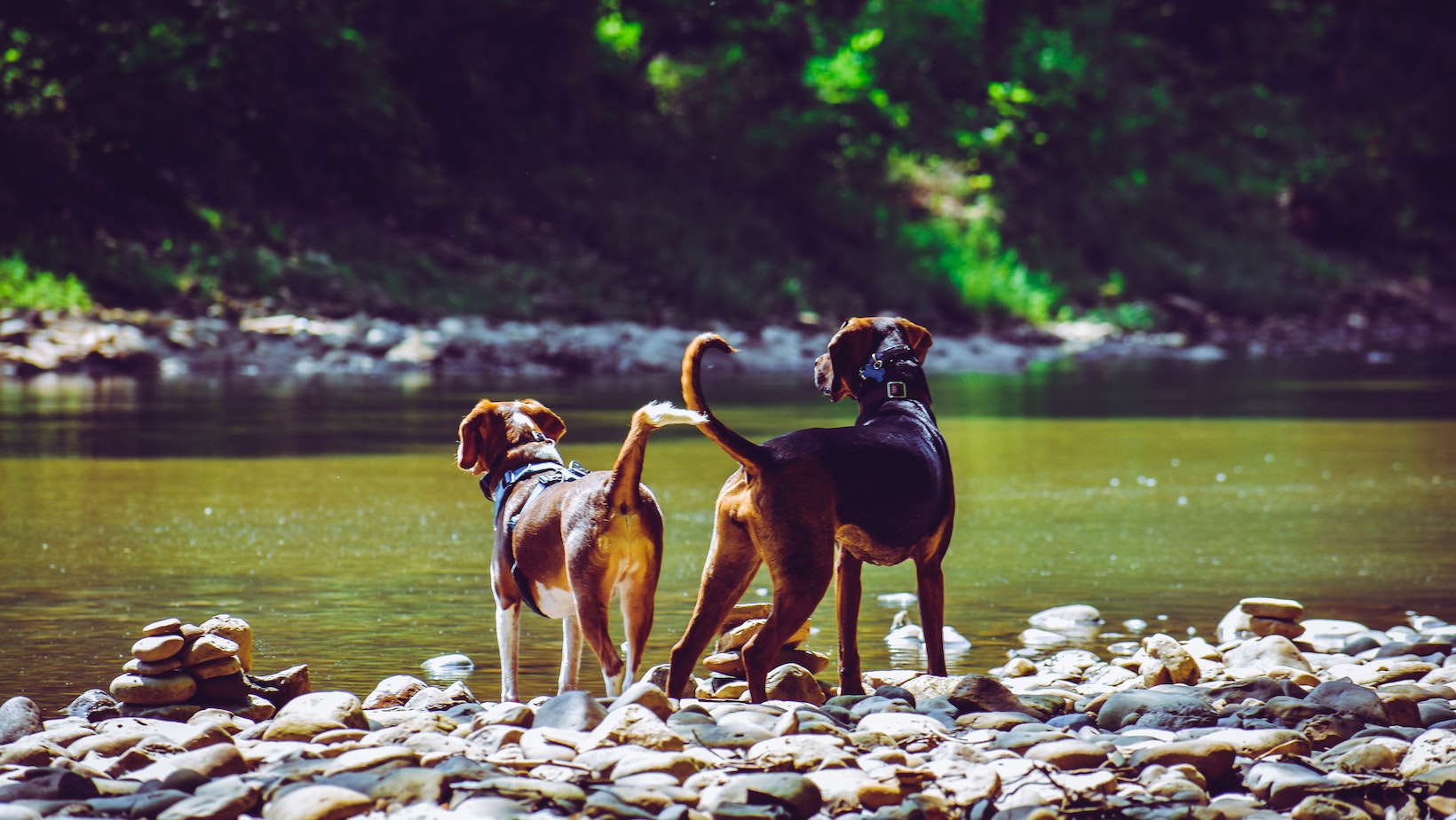How to Train a Puppy Not to Bite
Training a puppy not to bite can be a challenging task, but with consistent effort and the right techniques, it is definitely achievable. Puppies naturally explore their surroundings with their mouths, and biting is a part of their normal behavior. However, it’s important to teach them appropriate biting habits early on to prevent any future issues.
One effective method to discourage biting is through redirection. When your puppy starts nibbling or biting on something they shouldn’t, gently redirect their attention towards an appropriate chew toy or bone. By consistently providing them with suitable alternatives for chewing, you can help them understand what is acceptable behavior.
Another essential aspect of training a puppy not to bite is teaching them bite inhibition. This involves gradually reducing the force of their bites and helping them understand that gentle mouthing is more desirable than hard biting. Encourage calm and relaxed playtime by rewarding gentle play and immediately withdrawing attention if they become too rough or aggressive.
Remember, training a puppy not to bite requires patience and consistency. It’s important to set clear boundaries from the start and reinforce positive behaviors while discouraging unwanted ones. With time and proper guidance, your adorable little pup will learn how to interact without resorting to painful nipping or biting.

Establishing Boundaries and Consistency
When it comes to training a puppy not to bite, one of the most crucial aspects is establishing clear boundaries and maintaining consistency. This helps your furry friend understand what behavior is acceptable and what is not. Here are some key points to keep in mind:
- Set Clear Rules: From day one, establish rules regarding biting. Make it known that biting or nipping is not tolerated. Create a safe space for your puppy where they can retreat when they feel overwhelmed or playful biting escalates.
- Use Positive Reinforcement: Reward good behavior with praise, treats, or playtime to reinforce positive habits. Whenever your pup refrains from biting or redirects their attention elsewhere, acknowledge their efforts with enthusiasm.
- Redirect Their Energy: Puppies tend to bite out of curiosity or boredom. Provide them with appropriate chew toys and engage in interactive play sessions to redirect their energy away from nipping at hands or feet.
- Be Consistent: Consistency is key when teaching your puppy not to bite. Ensure that all family members enforce the same rules consistently to avoid confusing the puppy and hindering progress.
- Teach Bite Inhibition: Puppies learn bite inhibition through socialization with other dogs and humans during their early development stages. If they accidentally nip too hard while playing, let out a high-pitched yelp or say “ouch” in a firm tone to communicate that it hurt you. This mimics how puppies learn from each other and teaches them gentler play.
Remember, training takes time and patience – don’t expect overnight results! With consistent effort, positive reinforcement, redirection techniques, and clear boundaries, you’ll help your puppy develop healthy habits while preventing excessive biting behavior.
Throughout this article series on training a puppy not to bite, we’ll continue exploring various effective methods for creating a well-behaved companion without resorting to aversive techniques or punishment-based approaches.